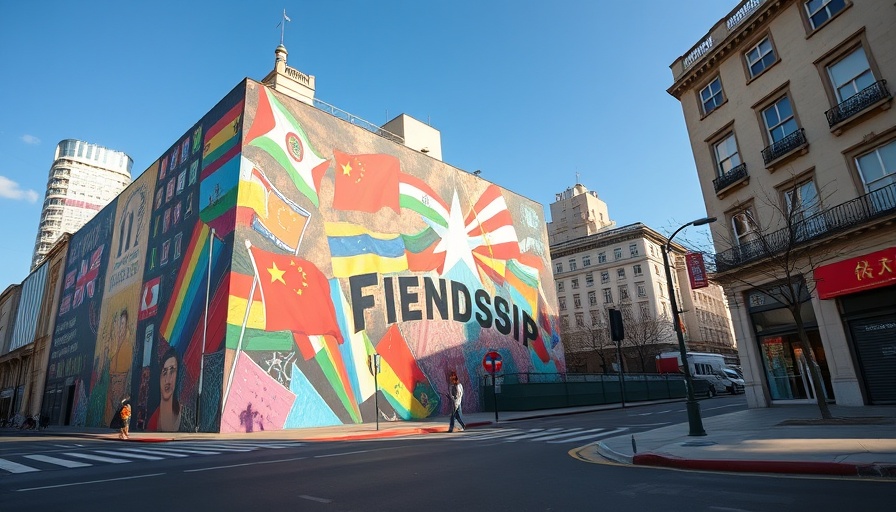
Texas to End Fort Worth's Sister Cities Ties with China: A Cultural Loss?
Fort Worth's flourishing diplomatic relationship with Guiyang, China, is facing a potential end as Governor Greg Abbott prepares to sign a new bill targeting sister city partnerships. This legislative move, poised to reshape local international relations, highlights an intricate balance between national security and cultural exchange.
Understanding the Sister City Model
Established by President Dwight Eisenhower in 1956, the sister city concept is designed to foster mutual understanding and cooperation across borders. These partnerships enable cities to share cultures, host exchanges, and collaborate on mutual interests. In Fort Worth's case, the partnership with Guiyang, which has actively promoted educational and cultural exchanges since 2011, reflects a spirit of solidarity and friendship.
Local Leaders Voicing Concerns
As the clock ticks down to the October deadline for dissolving the partnership, local leaders express deep concern over the bill's implications. City Council member Michael Crain, the liaison to Guiyang, argues that the program operates transparently and without any foreign influence undermining American values. He emphasizes that maintaining this relationship opened doors for educational and cultural insights beneficial to both communities.
Security versus Cultural Exchange: The Ongoing Debate
The bill's sponsor, Rep. Angelia Orr, unequivocally claims that sister city ties pose national security threats. In her words, these relationships can be leveraged by foreign adversaries to influence American culture. However, many local residents and leaders believe that the cultural benefits far outweigh potential risks, leading to conflicting views within the community about security priorities and cultural diplomacy.
Reflections from the Community
The impending ban has sent ripples through the Fort Worth community, sparking conversations about the value of international connections versus local security measures. Many residents feel torn, recognizing the risks posed by foreign entities while cherishing the relationships they have cultivated through cultural exchanges. A strong sentiment is emerging: that embracing cultural links with countries like China should not come at the expense of fear and mistrust.
A Look Ahead at Local International Relations
This decision leaves the door ajar for future collaborations. As the sister city program ban is set to expire in January 2027, the local community has a chance to redefine these connections thoughtfully and constructively. There are important lessons to be learned regarding transparency, community engagement, and the importance of cultural understanding.
Final Thoughts: Why This Really Matters
Ultimately, the fate of Fort Worth's relationship with Guiyang is not merely about international politics; it is about the residents themselves. The cultural exchanges fostered by this partnership strengthen community ties and offer unique experiences that enrich local life. As Fort Worth navigates this legislative landscape, local voices will be essential in advocating for the value of open communication and shared experiences.
In an increasingly globalized world, maintaining connections through cultural exchanges can cultivate understanding and prevent conflict. It's this community spirit that makes Fort Worth a vibrant place to live, work, and grow. Understanding this will help residents, leaders, and policymakers navigate the complexities of global interconnectedness, placing cultural exchange at the forefront of development.
As we look to the future, how do we balance our love for our community with a need for broader global understanding? Let those discussions begin in Fort Worth's neighborhoods, schools, and families.
 Add Row
Add Row  Add
Add 




 Add Row
Add Row  Add
Add 

Write A Comment